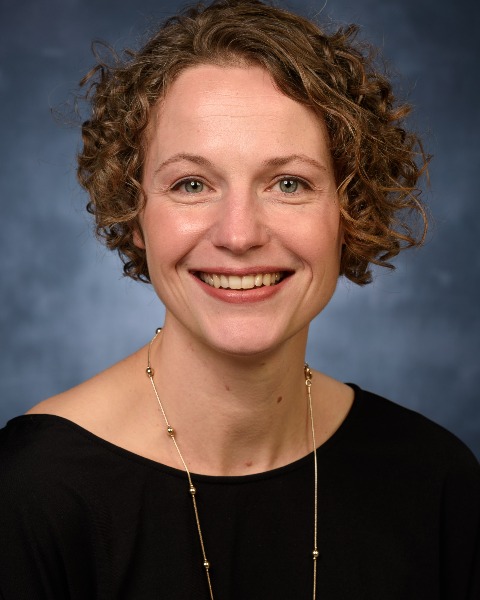Contemporary Topics
Dimensions of Wellbeing in Postgraduate Surgical Education
Saturday, October 25, 2025
9:00 AM - 9:30 AM

Laura L. Nelson, DVM, MS, DACVS (Small Animal) (she/her/hers)
Professor of Veterinary Education
North Carolina State University
Raleigh, North Carolina
Speaker(s)
Postgraduate surgical education, inclusive of rotating internships, specialty internships, residency training, and fellowships, is the bedrock of specialty training in medical fields. Unlike preclinical surgical education, which occurs in controlled laboratory settings or supervised clinical environments in which students may play a minimal role in the delivery of surgical care, postgraduate surgical education follows an apprentice model, with trainees learning skills mainly through working with or under the supervision of a core group of experts for an extended period of time. The quality of the trainee-mentor relationship, structure of education program, characteristics of the clinical environment, and clarity of expectations can all affect the wellbeing of postgraduate surgical trainees. In this lecture, dimensions of the postgraduate surgical education and their potential impacts on trainees are discussed as well as paths to improving trainee wellbeing.
